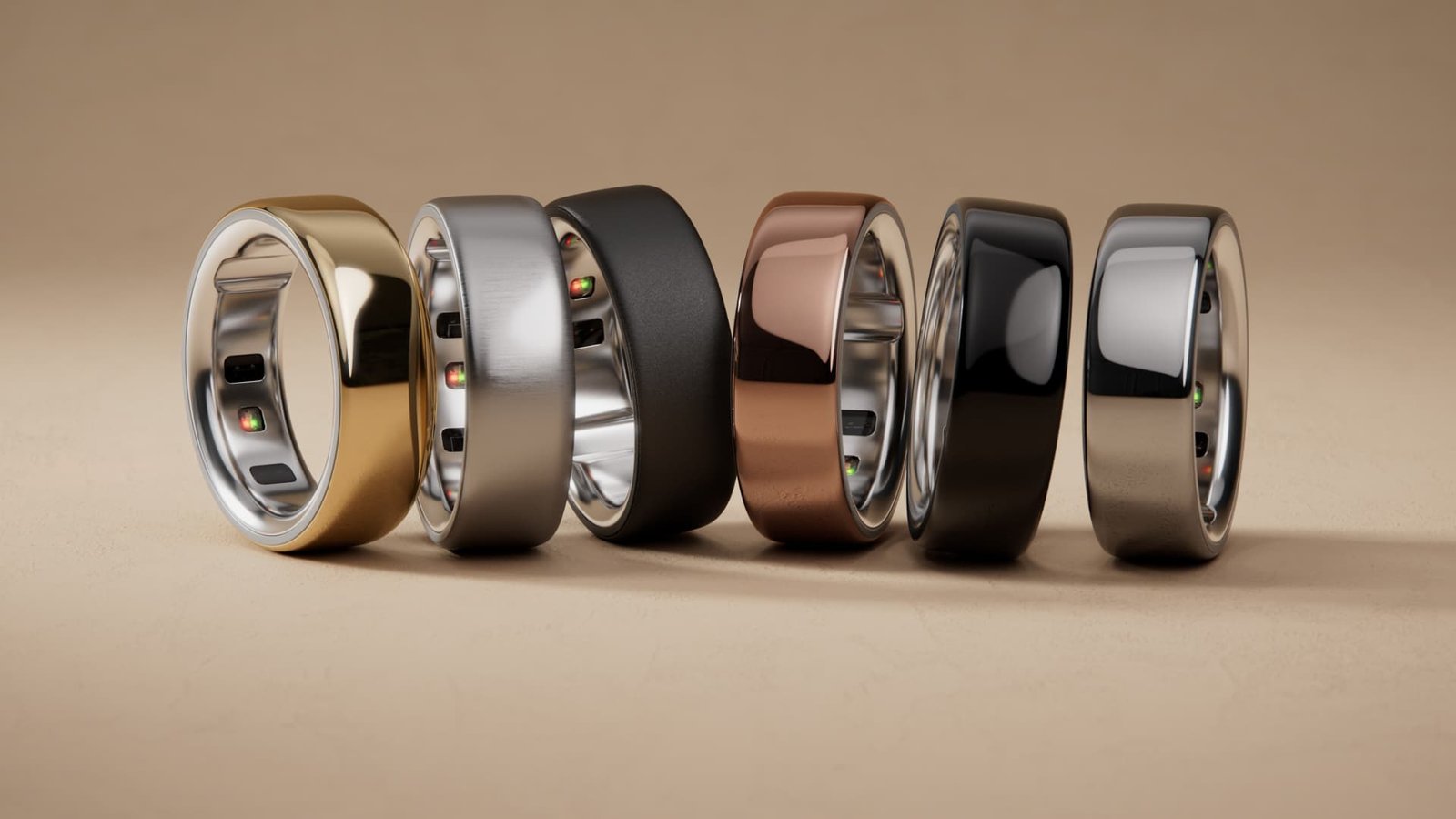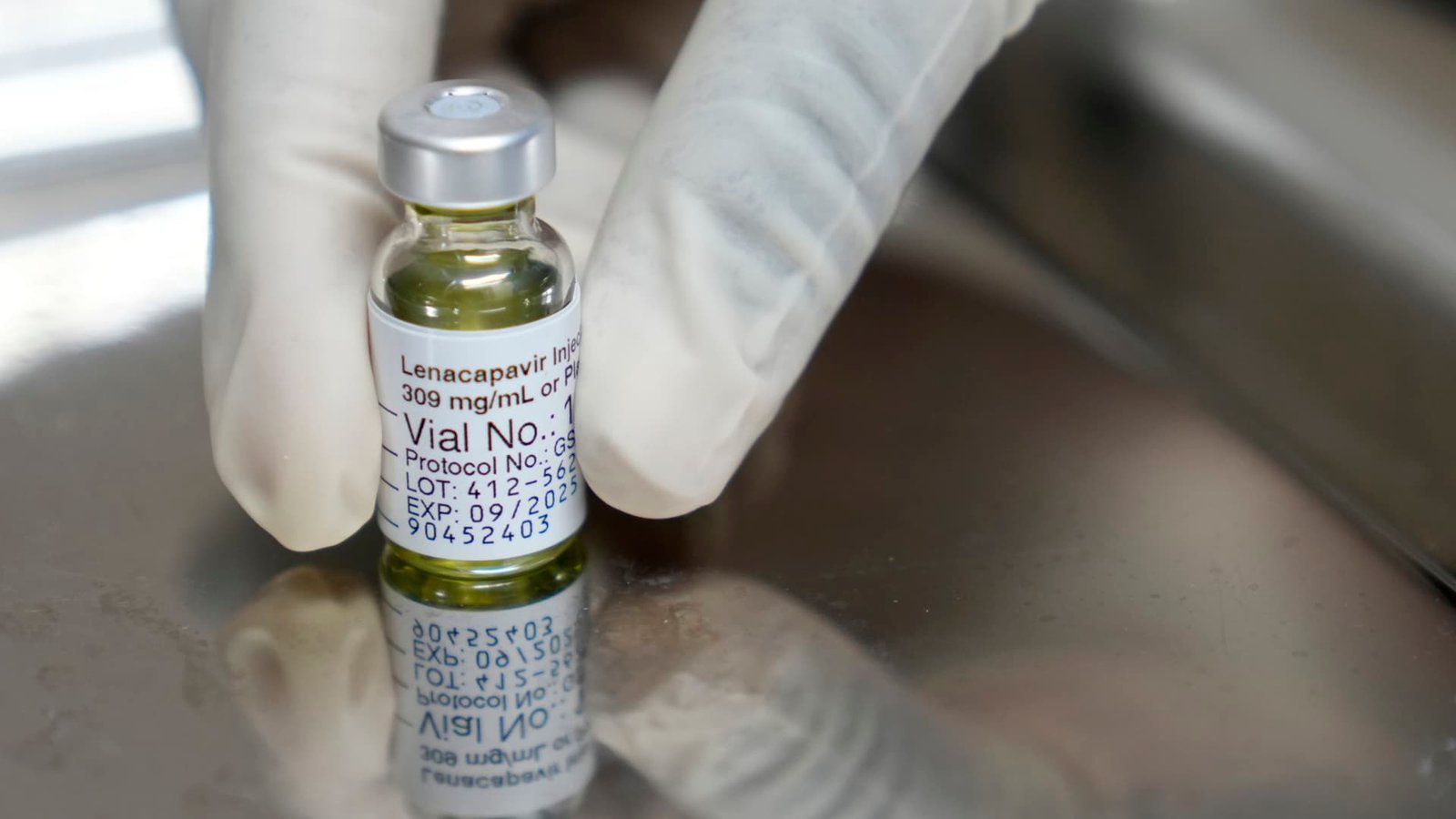LISBON — Samsung’s entry into the smart ring market does not worry Tom Hale, the CEO of Oura, the pioneer in this product category. In fact, Hale mentioned that he has observed an increase in business since Samsung’s announcement. He expressed his belief that a major tech company acknowledging the significance of the smart ring category could be beneficial for the industry.
Hale stated in an interview with CNBC at the Web Summit conference in Lisbon that Samsung’s move has had no impact on Oura’s business. On the contrary, he noted that their business has strengthened following Samsung’s announcement. The interview covered Oura’s plans to provide users with new insights, their considerations for developing new devices, and their intentions for international expansion.
Oura’s primary product is the Oura Ring 4, a smart ring equipped with sensors to monitor various health metrics. This device, along with the Oura app, allows users to track their sleep quality and readiness for the day. Established in Finland in 2013, Oura has been recognized as a trailblazer in the smart ring industry. The company claims to have sold over 2.5 million rings since its inception and is projected by CCS Insight to hold a 49% market share in smart rings by the end of the year.
Competition is emerging in the smart ring sector, with Samsung introducing its Galaxy Ring this year. Analysts suggest that Samsung’s entry has brought attention to the device category and expanded its appeal to a broader audience. Hale aims to position Oura as a health and science company, emphasizing the clinical-grade quality of their products. Oura is seeking FDA approval for diagnostic use of their ring, highlighting their focus on health and science as a distinguishing factor from competitors.
Oura’s business model involves selling hardware and offering a $5.99 monthly subscription service for users to access insights from the ring. The company boasts nearly 2 million subscribers and views itself more as a software company due to its successful subscription model. Oura leverages ring data to provide users with personalized insights on sleep, activity levels, and daily readiness.
Hale mentioned that Oura is exploring nutrition features, enabling users to log their meals through the app. Additionally, he highlighted the acquisition of Veri, a metabolic health startup that utilizes data from continuous glucose monitors to provide insights into blood sugar levels. Hale believes that combining this technology with food tracking can offer users valuable information on how their diet affects glucose levels.
While non-invasive glucose monitoring on wearable devices is seen as a transformative concept, Hale cautioned that achieving accurate results remains a significant challenge. Despite the difficulty, he acknowledged the continuous advancements in technology and the potential for progress in this area.
Although Oura currently focuses on ring sales, Hale hinted at the development of new products under the Oura brand in the future. He also expressed interest in collaborating with other devices beyond Oura’s hardware. The company is exploring the integration of artificial intelligence to deliver personalized insights to users, similar to the concept of “AI agents” envisioned by smartphone manufacturers.
Hale’s participation at the Web Summit in Lisbon reflects Oura’s efforts to enhance brand awareness globally, especially in markets outside the U.S. He emphasized the company’s expansion into Western Europe, including countries like the U.K., Germany, France, and Italy. While an IPO is not currently under consideration, Hale highlighted the advantages of operating as a private company, citing the flexibility it provides for strategic decisions and investments in healthcare software.



